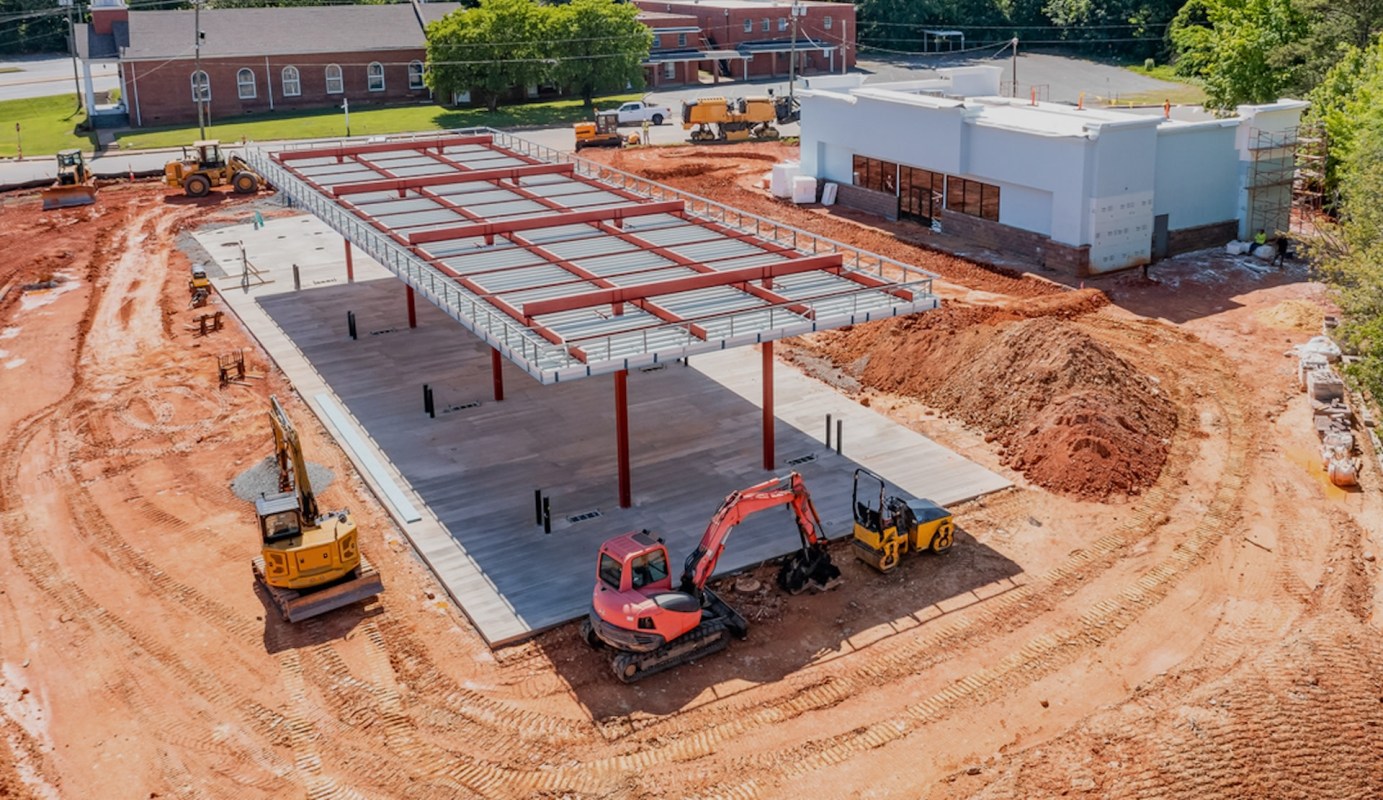Residents of St. Helena, a city in Napa County, California, should bear in mind a new local policy before purchasing their next vehicle.
In November, the city council unanimously approved a zoning code amendment to ban the construction of new gas stations.
According to the Napa Valley Register, a 2019 greenhouse gas inventory from the city cited traffic as the largest source of pollution in the area and showed the city produced more dirty fuel emissions per capita than any other in the county.
That might be one of the reasons council members were spurred into action. While existing gas stations won't be forced to close, new ones simply will not be permitted, and electric vehicle charging infrastructure is set to be improved.
Grants will be offered to sites looking to install charging technology, and the city is also planning to deliver more electric refueling stations.
"We're sending the clear signal that we're going toward using non-fossil fuels," council member Anna Chouteau said, per the Register. "We have plenty of gas stations to serve our community as it is. I don't see any need for more gas stations."
St. Helena joined other California cities in banning new gas stations, with Sacramento, Santa Rosa, Petaluma, and Windsor having adopted a similar approach.
California as a whole is one of the most electric car-friendly states in the country. Veloz reported a 29% increase in electric vehicles sales in the state from 2022 to 2023, with 446,961 sold in 2023.
Electric vehicles also held 25% of the market share during 2023, signaling an appetite for cars that produce zero tailpipe pollution. This increased market share, up just over six percentage points from the previous 12 months, might have been partly due to incentives and rebates provided under the Inflation Reduction Act for buying an electric vehicle.
But residents might also have been prompted to take affirmative action after the devastation of extreme weather events in the state in recent years, such as flooding and wildfires.
Electric cars are far better for the planet than dirty-fuel-powered alternatives, even if the electricity used to recharge them comes from coal-fired power plants — though renewables are increasingly providing more power to energy grids.
Relying less on polluting fossil fuels means fewer planet-warming gases are released into the atmosphere, helping to slow the rate of increasing temperatures that exacerbate extreme weather.
What's more, with no pollution emitted from the machines, they are much better for local air quality, reducing the risk of respiratory and cardiovascular diseases. Electric cars are also much cheaper to refuel, and they typically require less maintenance than vehicles with internal combustion engines.
Join our free newsletter for cool news and actionable info that makes it easy to help yourself while helping the planet.









